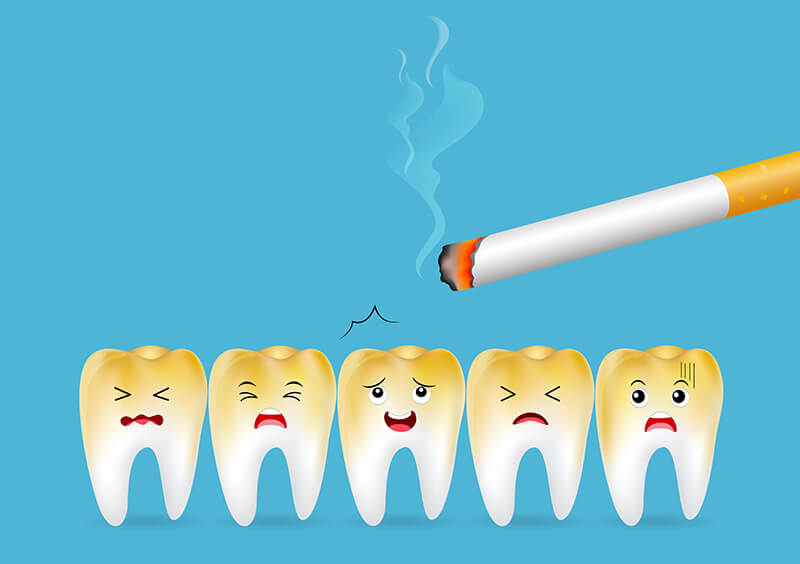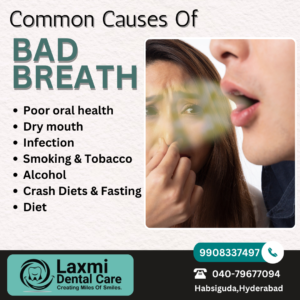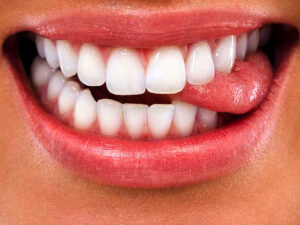Stopping smoking is a commendable decision for both your oral health and overall well-being. Smoking has detrimental effects on oral tissues, including staining of teeth, gum disease, tooth loss, and increased risk of oral cancer. Here are some tips to help you quit:
Set a Quit Date: Choose a specific date to stop smoking and mark it on your calendar. Having a clear target can help you stay focused and motivated.
Identify Triggers: Recognize situations or emotions that trigger your urge to smoke. Common triggers include stress, boredom, and social situations. Once you identify your triggers, you can develop strategies to cope with them without smoking.
Find Support: Share your goal of quitting smoking with friends, family, and healthcare professionals. Having a support system can provide encouragement and accountability.
Consider Nicotine Replacement Therapy (NRT): NRT products such as nicotine patches, gum, lozenges, or inhalers can help reduce withdrawal symptoms and cravings. Consult with a dentist to determine the most suitable NRT option for you.
Seek Professional Help: Counseling, behavioral therapy, or support groups can provide additional guidance and support in your quit-smoking journey.
Stay Active: Engage in physical activities or hobbies to distract yourself from cravings and reduce stress.
Practice Stress Management: Explore relaxation techniques such as deep breathing, meditation, or yoga to manage stress without resorting to smoking.
Avoid Triggers: Limit exposure to environments or activities associated with smoking, such as smoking areas or social gatherings where others are smoking.
Stay Persistent: Quitting smoking may not be easy, and setbacks may occur. Stay persistent and remind yourself of your reasons for quitting.
Celebrate Milestones: Acknowledge and reward yourself for reaching milestones in your journey to becoming smoke-free.
Remember, quitting smoking is a gradual process, and it’s okay to seek help and support along the way. Your efforts to stop smoking will not only improve your oral health but also contribute to your overall health and well-being.




